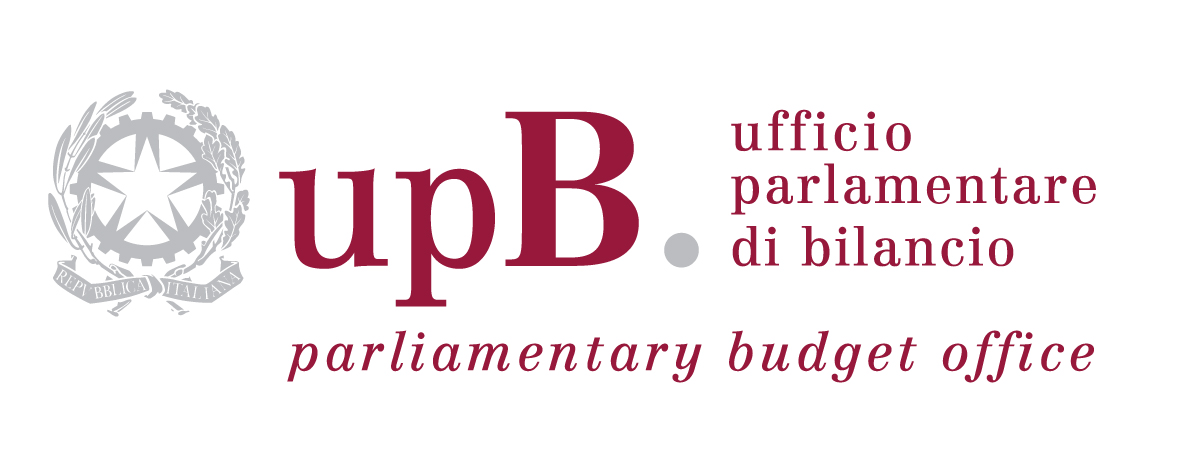The Report on Recent Economic Developments for April assesses domestic and international economic conditions. It notes that after slowing at the end of 2015, Italian economic activity gathered pace in early 2016. According to the PBO, GDP may have jumped by about 0.4 per cent in the first quarter, before decelerating (towards 0.2 per cent) in the second. On the basis of these projections, in order to achieve an average growth rate of 1.2 per cent in 2016, as assumed in the EFD, GDP would have to grow at a rate of 0.5 per cent in the third and fourth quarters of the year.
With foreign demand attenuated by the weakness of the emerging markets, consumption has been the main driver of the recovery, thanks in part to the gradual rise in household disposable income. By contrast, investment expenditure does not fully reflect the stimulus from the improvement in access to credit and the fall in energy costs.
On a sectoral basis, the recovery in production at the start of 2016 reflects an acceleration in industry, accompanied by moderately positive developments in services and the consolidation of favourable signals in construction. After a jump in hiring towards the end of 2015, employment growth slowed in early 2016 in association with the reduction in contribution relief. Employment is still expected to expand moderately over the remainder of the year. Inflation has returned to negative territory under the deflationary impulse of falling oil prices. However, core inflation also remains very low.
Economic conditions in Italy remain primarily exposed to external risks. The signs of a slowdown in the world economy appear to have stabilised compared with the fears that emerged at the start of the year, but growth forecasts for 2016 have again been revised downwards by forecasters. The factors of financial and geo-political instability, which are concentrated in the emerging areas, could slow international growth. If global economic conditions should deteriorate, the economic policy tools available to the advanced countries currently appear too weak to implement appropriate counter-cyclical action.
